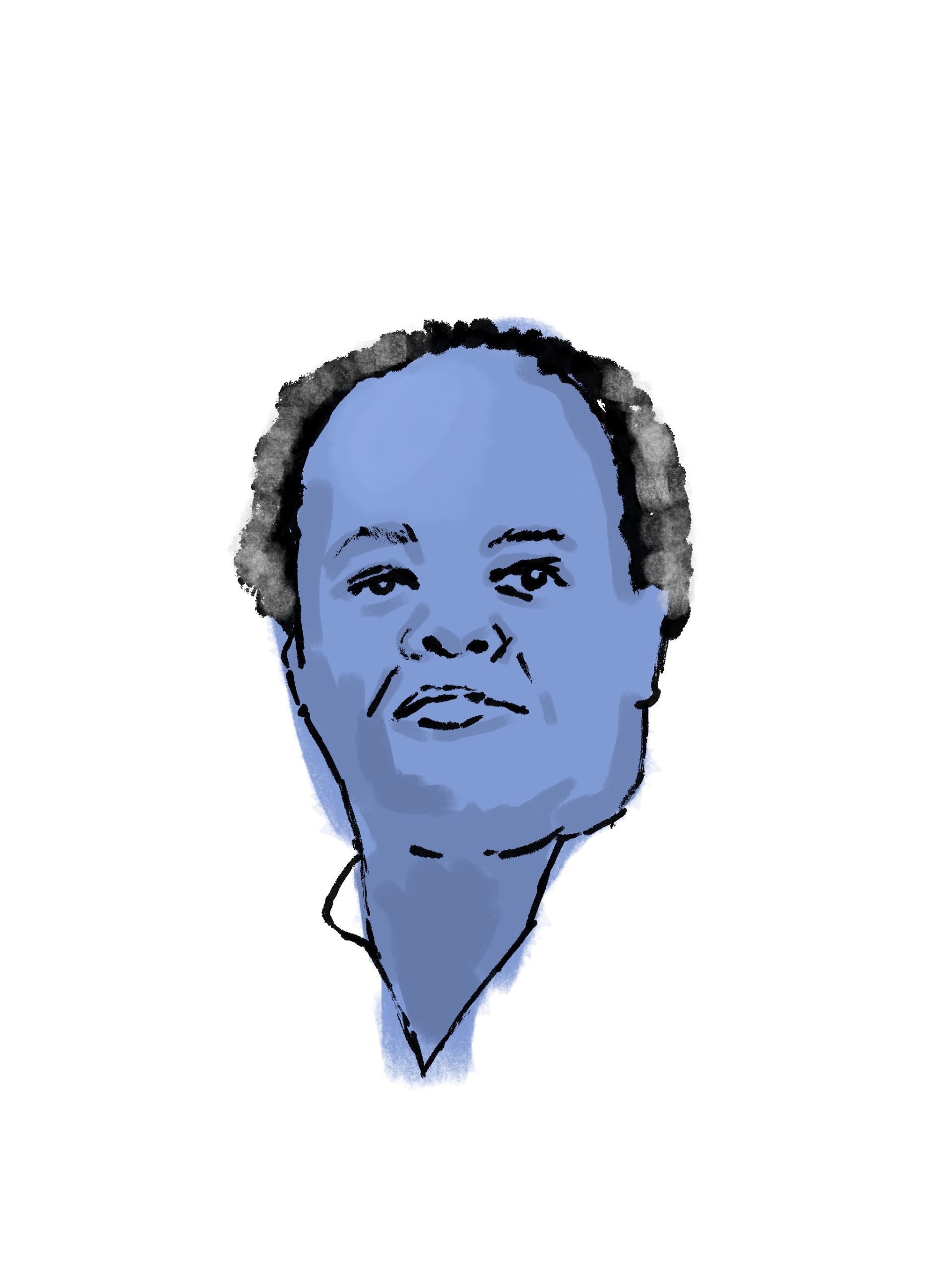The prosecutor of a United Nations tribunal has announced that his office has concluded its hunt for individuals who were suspected to bear the most responsibility for the 1994 Rwandan genocide.
The Chief Prosecutor of the UN’s International Residual Mechanism for Criminal Tribunals (IRMCT), Serge Brammertz, said on May 15 he is winding up his office’s fugitive tracking team after it had tracked down the last two fugitives it was looking for.
Brammertz’s announcement does not mean that all individuals suspected of some level of involvement in the 1994 Rwandan genocide have been accounted for. In his May 15 statement, Brammertz said more than 1,000 people are wanted by various national authorities for their suspected roles in the Rwandan genocide.
Last month’s announcement means the 93 individuals the International Criminal Tribunal for Rwanda (ICTR) indicted are accounted for. The ICTR was formed in 1994 to try those who were suspected to bear the greatest responsibility for the Rwandan genocide. The IRMCT took over its mandate in July 2012.
Tracking these individuals has taken decades and has been arduous work. An example of this is the last two fugitives referred to in the May 15 statement. It said Charles Sikubwabo and Ryandikayo died about 26 years ago, yet their deaths were only confirmed this year.
The statement did not give details on how the Office of The Prosecutor (OTP) determined Sikubwabo and Ryandikayo (no second name was given) died in 1998 or why it took 26 years to reach this conclusion. The statement simply gave some background on Sikubwabo and Ryandikayo, stating that Sikubwabo died in Chad and Ryandikayo in the Democratic Republic of Congo, some four years after the Rwandan genocide ended.
The OTP may have been sketchy on the details of what happened to Sikubwabo and Ryandikayo, but the case of its most wanted fugitive, Félicien Kabuga, who is about 89 years old, offers some insights into how complex tracking a fugitive can be.
The ICTR indicted Kabuga in 1997, issuing an arrest warrant for him. Kabuga had been alleged to be the main financier of the genocide. For the 23 years Kabuga was a fugitive, he was believed to have lived in various African and European countries. Kabuga was eventually found living with one of his children in a flat in a suburb outside the French capital, Paris.
Between the late 1990s and early 2000s, Kabuga was believed to either live in or regularly travel to Kenya. ICTR officials regularly talked about information pointing to Kabuga being in Kenya. And then there was the tragic killing of a former journalist, William Munuhe, in 2003. It was reported that Munuhe had given the United States embassy in Nairobi credible information about Kabuga’s whereabouts in Nairobi days before his death. At the time, the US government had offered a $5 million reward for information on Kabuga. It is believed that before Kabuga could be arrested, Munuhe was killed and Kabuga escaped.
Tracking Kabuga was not just limited to his whereabouts. It also involved tracking his assets. In 2008 or earlier, the then ICTR Chief Prosecutor, Hassan B. Jallow, wrote to the then Kenyan Attorney General, Amos Wako, asking Kenya to freeze Kabuga’s assets in the country. Kenya Police detectives and ICTR investigators determined Kabuga and his wife jointly owned House 6 in a property called Spanish Villas on Lenana Road in Nairobi. They also traced bank records for the rent payments deposited by an agent managing the house on behalf of the Kabugas. On the basis of this investigation, the then Director of Public Prosecutions, Keriako Tobiko, applied to the High Court to have the house and its rent payments frozen. High Court Judge Muga Apondi granted this application on 6 May 2008.
The work of tracking Kabuga was supervised by four Chief Prosecutors of the ICTR, and then the IRMCT, before he was arrested in France in May 2020. Brammertz was the prosecutor who was finally able to announce Kabuga’s arrest. In a June 2020 briefing with the Foreign Press Association of The Netherlands in which I was present, Brammertz explained that when he took office, he found the tracking team was working with 83 informants who said they had knowledge about Kabuga’s whereabouts. Brammertz said these informants shared all sorts of tips about Kabuga, including sightings of him in Madagascar.
According to Brammertz, when they reviewed the information they had on Kabuga, they concluded that it was likely he had not left Europe since 2007. Complicating the efforts to track Kabuga was that authorities knew of at least 28 aliases he had used.
Brammertz said that it was by narrowing down the search for Kabuga to Europe and then coordinating more closely with national authorities that they were eventually able to arrest Kabuga in France.
When Kabuga made his first appearance in November 2020 before an IRMCT judge at The Hague in The Netherlands, he was in a wheelchair and was visibly frail. Since last year, Kabuga’s trial has been suspended indefinitely because of his health condition. IRMCT judges review the status of Kabuga’s health and related matters every six months.

